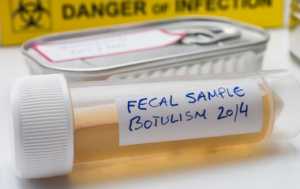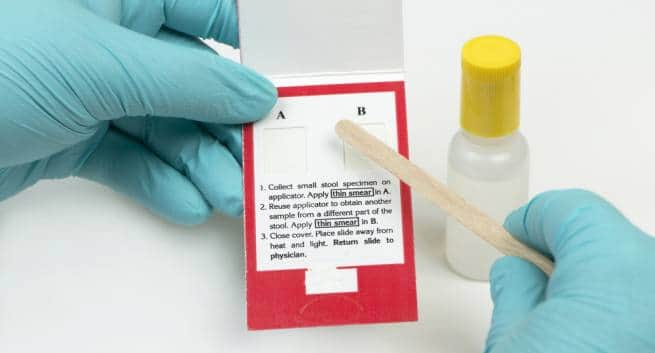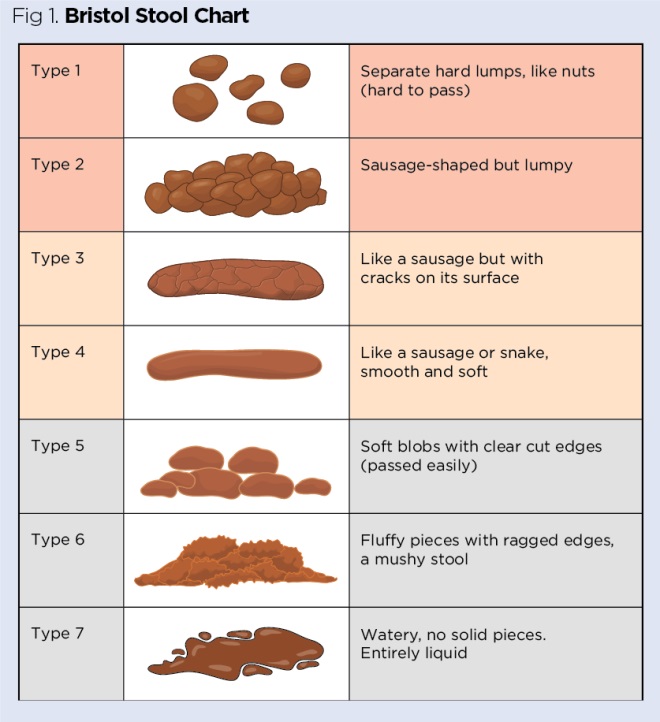Stool tests are also helpful in detecting blood in the digestive tract which might account for low iron levels or be a warning sign of colon cancer.
Can a stool test detect stomach cancer.
Pylori your doctor may also test you for stomach cancer.
A fecal occult blood test may be done to look for blood in stool feces that can t be seen by the naked eye.
Markers are chemical substances that can show up in the bloodstream in some types of cancer.
Stool dna testing detected cancers at each organ site including 65 percent of esophageal cancers 62 percent of pancreatic cancers and 75 percent of bile duct and gallbladder cancers.
Newer stool dna tests are also available to.
Why a stool test is done.
Screening for colorectal cancer uses stool tests to check for bleeding inside the gi tract.
A newer home test looks at dna in the stool for evidence of colorectal cancer.
If you have h.
A stool test may be done to check for.
A stool test examines the stool poop.
Cologuard colon cancer test is the first and only fda approved stool dna test that can be done at home but prescribed by a doctor and has been found to be over 90 effective in detecting colon.
It detects any blood not just human blood so results can be skewed by a person s diet.
It detects about 92 percent of the cancers that are present and also finds approximately 40 percent percent of precancerous polyps.
As well as blood tests to check your general health your doctor may test for cancer markers.
For example the markers cea carcinoembryonic antigen and ca 19 9 cancer antigen are sometimes raised in stomach cancer as well as other cancers.
The bowel cancer screening programme aims to find polyps and because some polyps bleed the detection is based on finding traces of blood in people s stool but this test has its problems.
When looking for signs of stomach cancer a doctor may order a blood test called a complete blood count cbc to look for anemia which could be caused by the cancer bleeding into the stomach.
25 2016 healthday news tests for blood in the stool can consistently detect colon cancer when used on an annual basis and they are effective even in the second third and fourth.














/how-the-stomach-flu-is-diagnosed-4688636_FINAL-9c6bd54c6e744527a3119a9a239e76b3.png)







